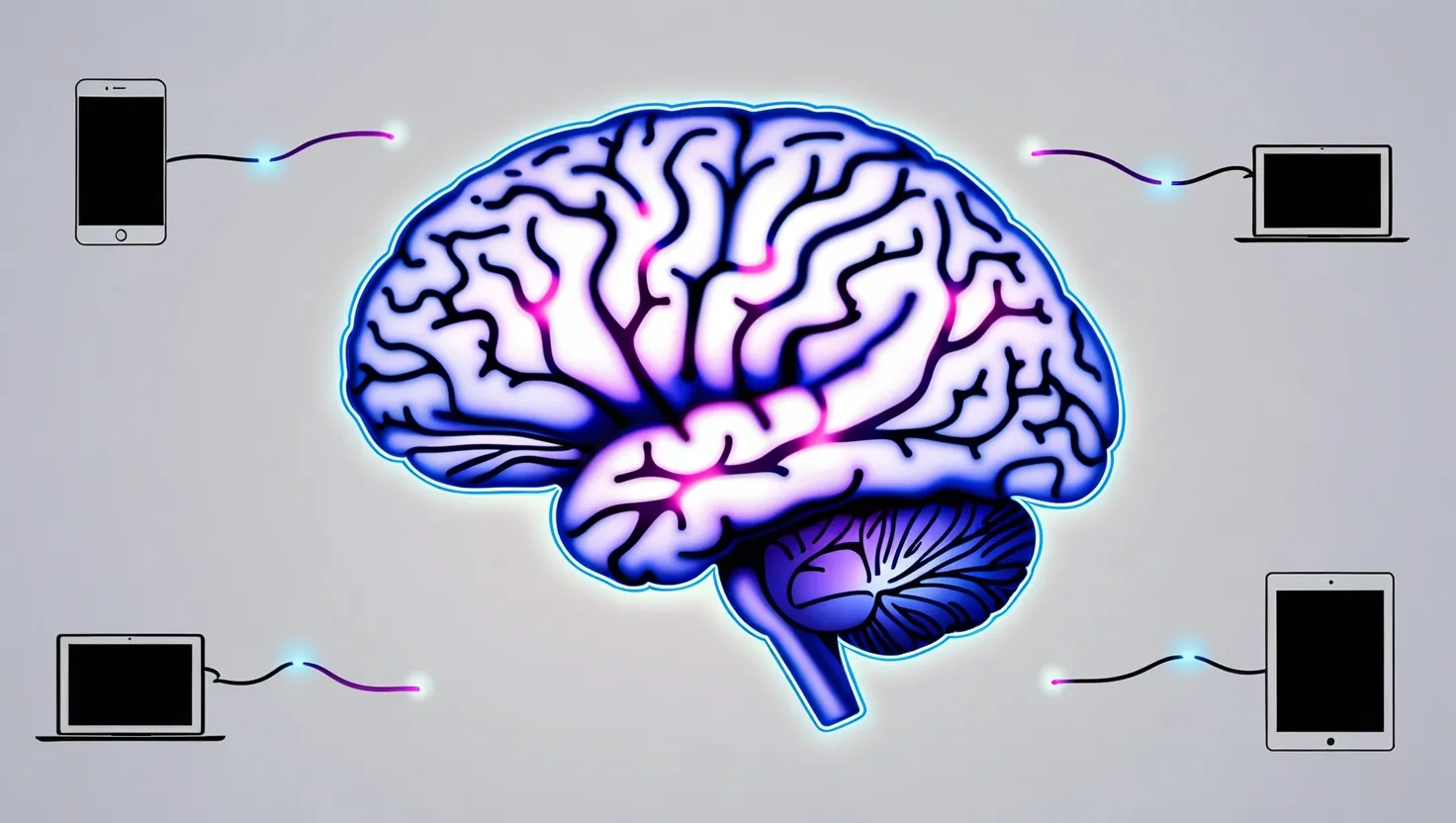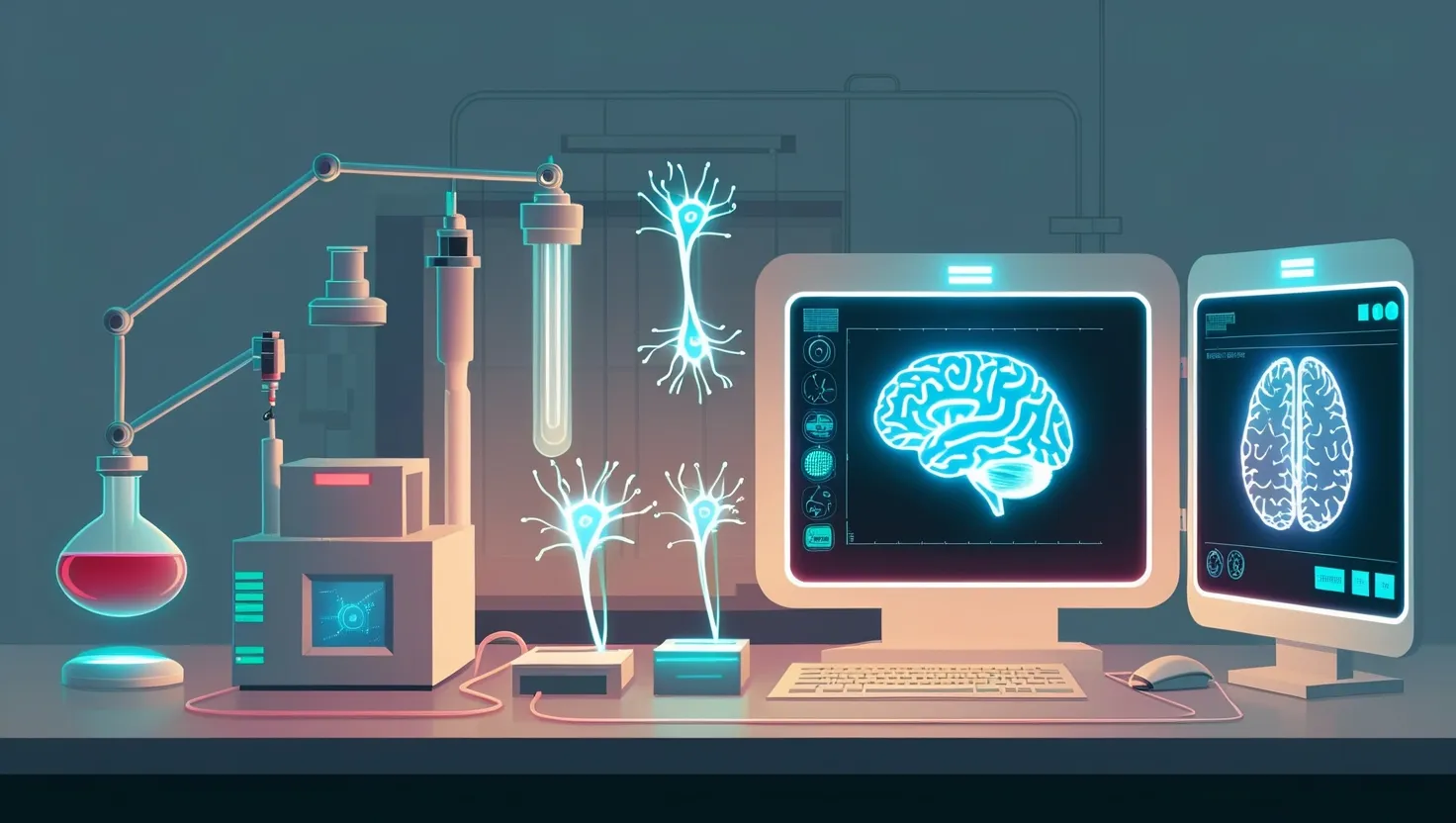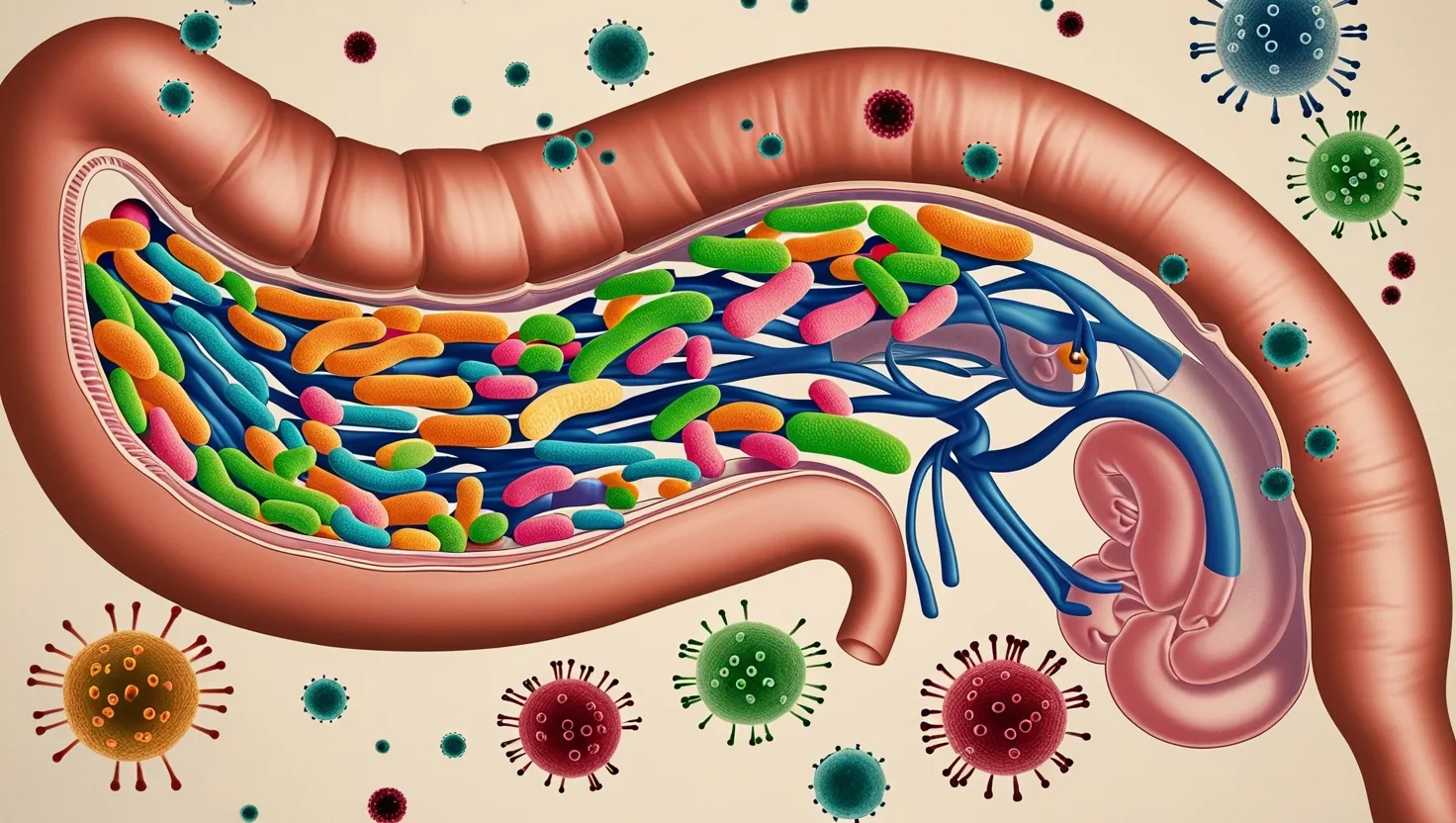How is technology changing the very structure of our brains? Are we simply adapting, or are we witnessing transformations that could have lasting, even irreversible effects? The way we interact with digital devices today has created questions few generations before us could have imagined. As someone who spends time pondering these shifts, I find myself continually surprised by how much we still don’t know about the ways our screens and apps are reshaping our minds.
Take attention for instance. You’ve likely felt it yourself: distractions ping in at all hours, pulling our focus this way and that. Is the modern attention span really shrinking, or is it just different? Neuroscientists are split. Some argue our brains are adapting for rapid scanning and quick pivots, rather than deep, absorbing concentration. It gets more interesting when we look at the underlying neural circuits. The reward pathways—the bits wired for pleasure and motivation—have started prioritizing the novel and the urgent over the slow and the steady. But whether this is a hardwired shift or a temporary phase remains a mystery. Are we rewiring attention, or simply teaching our brains to handle floods of information differently?
“Men ought to know that from nothing else but the brain come joys, delights, laughter and sports, and sorrows, griefs, despondency, and lamentations.”—Hippocrates
Have you ever reached for your phone after feeling it buzz in your pocket, only to discover it didn’t vibrate at all? That sensation, known as Phantom Vibration Syndrome, baffles scientists. It’s not a new form of anxiety, but a curious blending of expectation and perception. Is our tactile system getting tricked by habitual checking? No one has mapped out the exact neural glitch—some suspect the somatosensory cortex is learning new associations so rapidly, it sometimes misfires. But why do these ‘phantom’ signals seem linked specifically to mobile devices? The question is still out there, reminding us the digital era holds sensory surprises.
“We become what we behold. We shape our tools, and then our tools shape us.”—Marshall McLuhan
Memory is another frontier where technology’s influence is evolving. Most of us use our phones or computers as external hard drives—reminders, phone numbers, passwords, even birthdays. Researchers have started asking: does offloading memory to digital devices change how we store and retrieve information? Early evidence hints at shifting patterns in the brain’s hippocampus, the hub of long-term memory. When we rely on Google, we’re less likely to encode facts deeply, swapping recollection for the knowledge that information is quickly retrievable. Is this freeing the brain to focus on creativity, or slowly chipping away at our ability to remember unassisted?
What do you think: Is convenience worth the trade-off in memory strength?
The most peculiar experience might be what some are calling Digital Déjà Vu. Scrolling through social media, have you ever glanced at an image and felt sure you’d seen it before, though you haven’t? Psychologists aren’t sure if this is straightforward déjà vu or a more modern phenomenon caused by algorithms serving up similar content repeatedly. Is it connected to the way our brains piece together incomplete familiarity cues, or does it hint at new quirks in neural pattern recognition? Some believe it’s related to fragmented browsing—bits and pieces of similar images subtly layering in the mind, confusing the sense of “newness.”
“Memory is the diary we all carry about with us.”—Oscar Wilde
Our patience is being tested by tech in unexpected ways. Whether it’s waiting for a video to load or enduring a slow search result, tolerance for delay seems to have plummeted. Psychologists have started measuring shifts in the reward pathways of the brain, especially the circuits tied to dopamine—a neurotransmitter critical for motivation and pleasure. Instant feedback hyper-stimulates these areas, making every moment of waiting feel much longer than it did before. We now crave quick hits, whether from a text message or an online game. Is the brain reshaping itself for speed, or could we reverse this trend by unplugging and relearning how to wait?
Patience used to be a virtue; is it now at risk of vanishing altogether?
“The greatest weapon against stress is our ability to choose one thought over another.”—William James
What’s so fascinating is that these changes, while evident in daily life, lack straightforward explanations inside the brain itself. Researchers use technologies like fMRI to map the impacts, spotting shifts in brain connectivity and gray matter volume, but the findings are mixed. Some see reduced connectivity in attention circuits; others note increases in regions handling craving or memory. It’s not clear what these changes mean in the long run. Are we seeing adaptation—our brains keeping pace with new demands—or are there hidden costs we’re only beginning to sense?
Here’s a less obvious angle: culture itself is being shaped by these neurological shifts. With app notifications and digital content dictating rhythms, social norms about what counts as ‘urgent’ have shifted. People expect responses in minutes, not days. The collective patience threshold drops, memory storage habits change across society, and digital déjà vu creates a sense of overwhelming familiarity with the world’s images and stories.
As I reflect on my own tech habits, I sometimes wonder if attention will ever return to its old self. If memory will reassert its independence. If patience, once stretched by boredom, can still be rebuilt in a world ruled by instant gratification. What happens when the things we use to escape boredom start erasing our capacity to tolerate it?
The jury is still out on all these mysteries. Each day offers a fleeting chance to notice how digital habits are quietly working on the circuits inside our heads. Maybe the questions we ask right now—about attention, sensations, memory, and patience—will drive the research that could help us choose our future, rather than simply react to it. For now, though, our brains are in flux, constantly negotiating with technology, inventing new ways to cope with the ceaseless flow of information and entertainment.
“Change is not merely necessary to life—it is life.”—Alvin Toffler
I find myself asking, will our brains settle into a new normal, or is the rewiring an endless process, evolving as rapidly as technology itself? The challenge is to stay awake to these changes; to recognize the questions, even if we can’t yet find all the answers. How do you see your own mind shifting with the devices you use? What small mysteries have you noticed? The conversation is only just beginning—and every click, swipe, and scroll is shaping the outcome.






